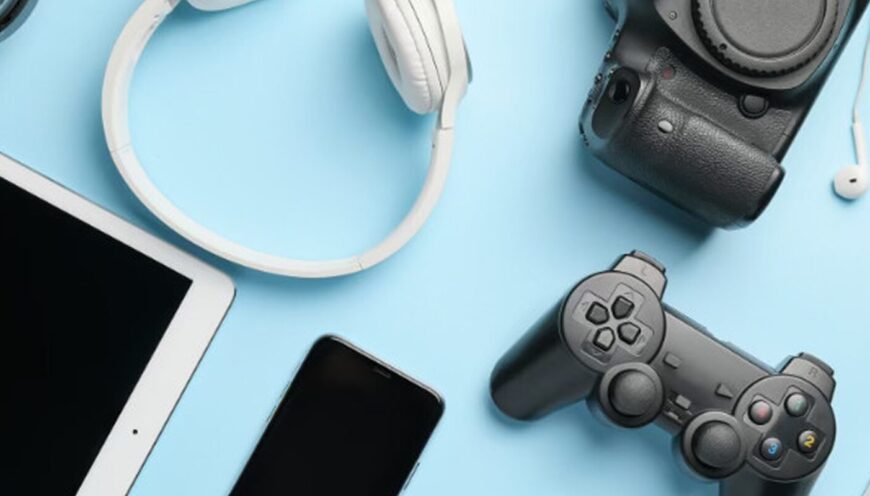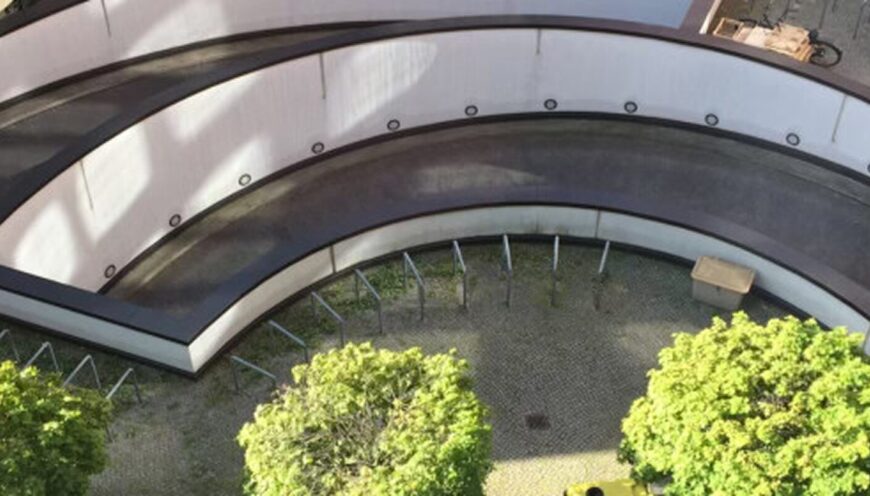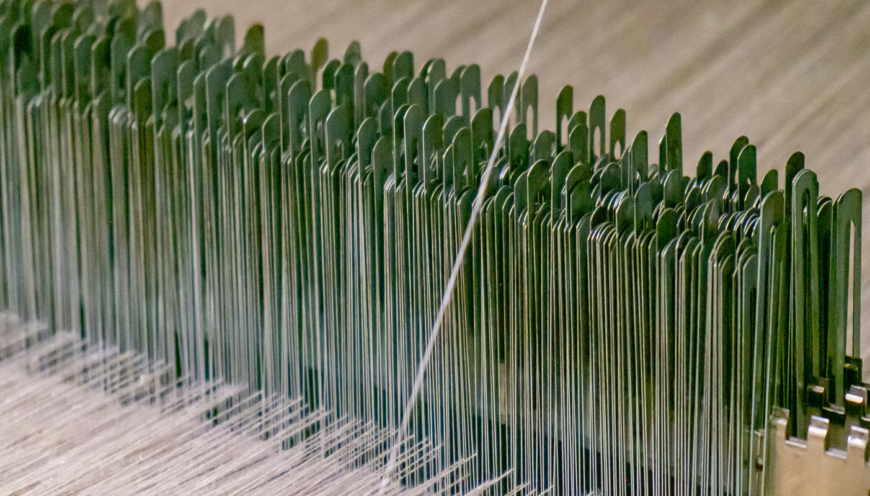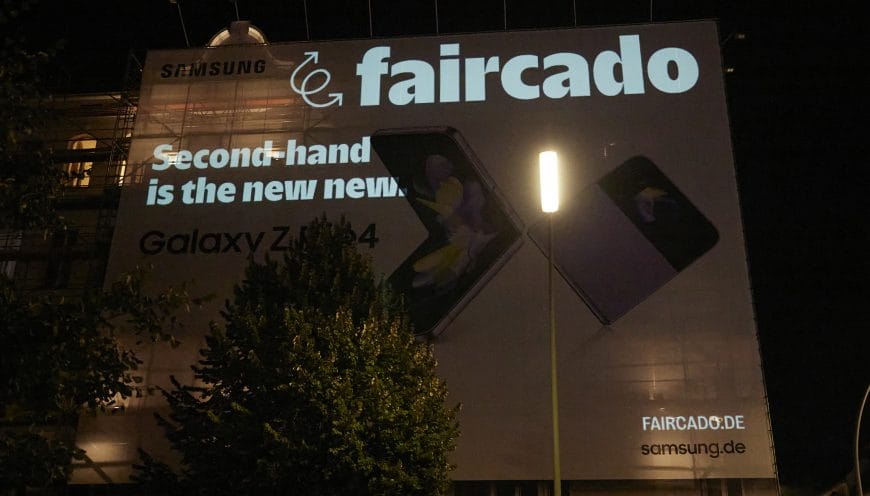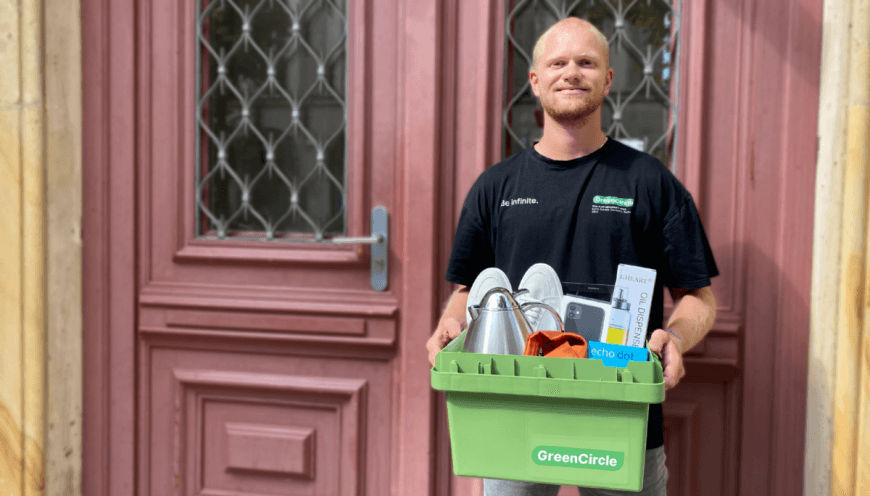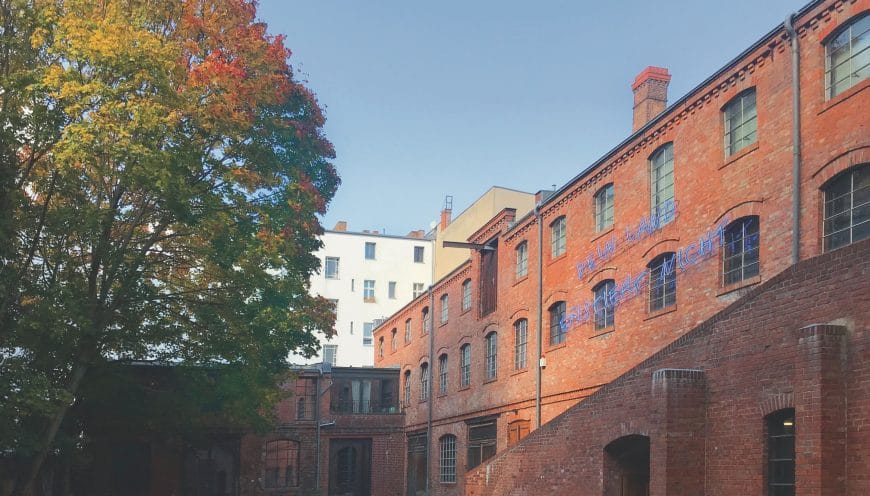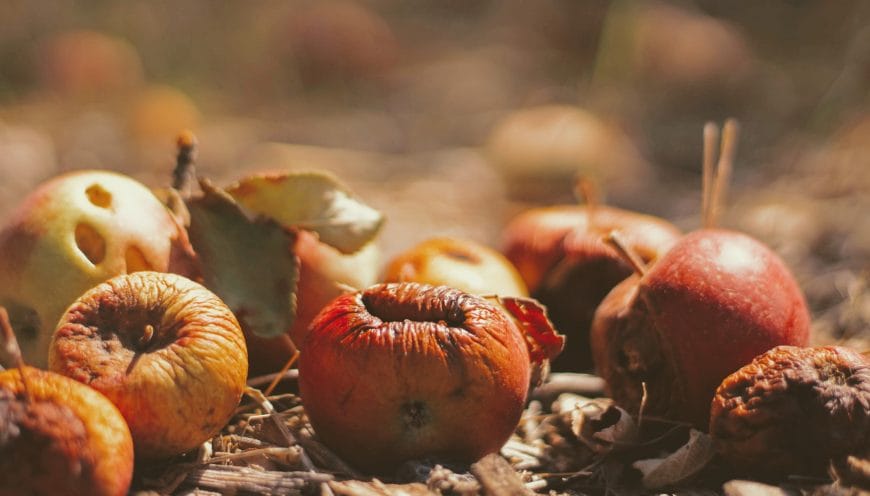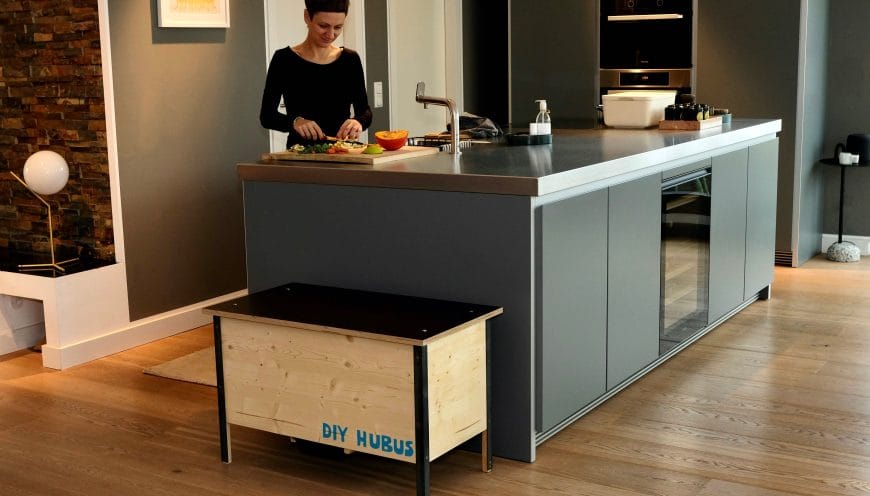From Repair to a Circular Urban Society
Repair as a Key Urban Question Electrical and electronic devices are among the largest material streams in cities today. In Berlin alone, around 23,516 tons were discarded in Berlin . Many products have ever shorter lifespans, while repairs are often perceived as too complicated or too expensive. Yet...

